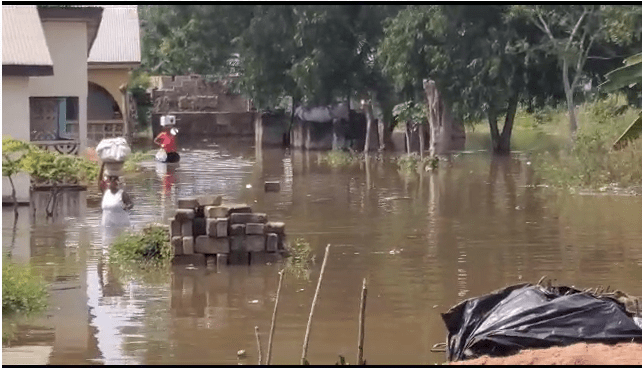In the realm of economics, externalities are a crucial concept that illuminates how the actions of one economic agent can significantly impact the well-being of another, often with unintended and unforeseen consequences. A recent case in point is the Akosombo Dam spillage in Ghana, and its ripple-effects on various agents in the economy, most notably the Volta River Authority (VRA) and the individuals and businesses residing near the Volta Lake.
Understanding externalities
Externalities are essentially side effects or spillover effects of an economic activity. They can be either positive or negative, and they emerge whenever the well-being of one agent in the economy is directly influenced by the actions of another agent. In the case of the Akosombo Dam spillage, negative externalities have come to the fore.
The Akosombo Dam spillage
The Volta River Authority (VRA) initiated a controlled spillage of the Akosombo Dam due to a consistent rise in water levels upstream, which was primarily a consequence of heavy rainfall. This action was imperative to protect the integrity of the dam and prevent potential disasters. However, the unintended negative externalities of this spillage have brought hardship and suffering to the residents living near the Volta Lake.
The impact on individuals and businesses
The individuals and businesses located near the Volta Lake have experienced a cascade of negative externalities resulting from the dam spillage. The rising water levels have led to catastrophic flooding in several fishing communities. Houses have been submerged, fish cages containing substantial quantities of fish have been swept away, and many fish have perished due to high turbidity and shock.
Moreover, the spillage has caused physical harm to people in these communities, with reports of injuries and, in some instances, the collapse of houses. The livelihoods of the residents, particularly those dependent on fishing, have been severely disrupted. The economic losses incurred by these individuals and businesses are substantial.
The Volta River Authority (VRA) – The centre of responsibility
The VRA, as the entity responsible for the controlled spillage of the dam, is at the heart of this externality issue. While the VRA’s primary concern was the safety of the dam and surrounding areas, the negative externalities that have emerged are of great concern. This brings up questions about whether the VRA could have better communicated their actions to the affected communities and if there were measures in place to mitigate the externalities.
In situations involving negative externalities, it is essential to strike a balance between the interests of the primary agent (in this case, the VRA) and those who are indirectly affected – the individuals and businesses. Open communication and information sharing are critical. Additionally, compensatory measures, as demanded by affected parties, may be necessary to rectify the unforeseen consequences.
Conclusion
The Akosombo Dam spillage in Ghana is a stark reminder of how externalities can have far-reaching impacts on individuals and businesses in an economy. As the VRA grapples with the challenges brought about by the dam spillage, it is crucial to recognise the existence of externalities and find ways to address them while still maintaining the integrity and safety of the dam. In an interconnected world, understanding and managing externalities is an indispensable part of responsible governance and economic management.
The writer is an Economic Policy & Financial Analyst










